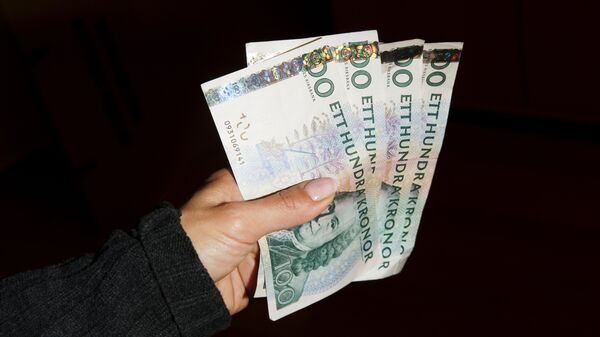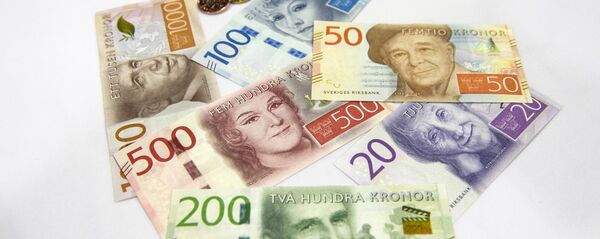"The fewer of us Swedes use bank notes and coins, the clearer it becomes that the Riksbank needs to investigate whether we should issue electronic money as a complement to the money we have today," Riksbank deputy governor Cecilia Skingsley told Swedish Radio.
According to Skingsley, state-backed electronic currency would become as revolutionary as when Sweden in the 1660s became one of the first countries in the world to introduce paper bank notes.
Even today, solutions to avoid cash abound, such as debit cards and payment services. According to Skingsley, the difference between e-krona and any random digital currency would be state support. At present, the exact technological solution to be used remains unclear, but it can involve a debit card on an app.
According to its own estimations, the Riksbank needs about two years to investigate all the possible technical, legal and practical issues before finally deciding whether or not the e-krona will become a fact of life. Previously, similar research has been undertaken in the US, Canada and the UK.
"The declining use of cash in Sweden means that this issue is much more burning for us than for most other central banks. Although it may at a cursory glance seem an easy task to issue e-krona, this is something entirely new for a central bank with no template to follow," Skingsley noted.
Despite all the potential benefits and challenges arising from digital currencies, there have been fears that the poor, elderly and disabled who lack access to technology will be at a disadvantage. Additionally, there is an elevated risk of fraud involving electronic transactions.
Så fixar du sedelbytet http://t.co/HXbKoApkPy #Sedelbyte #Pengar #Stefan_Ingves #Riksbanken
— Nina König (@NinaKonig) 9 октября 2015 г.





